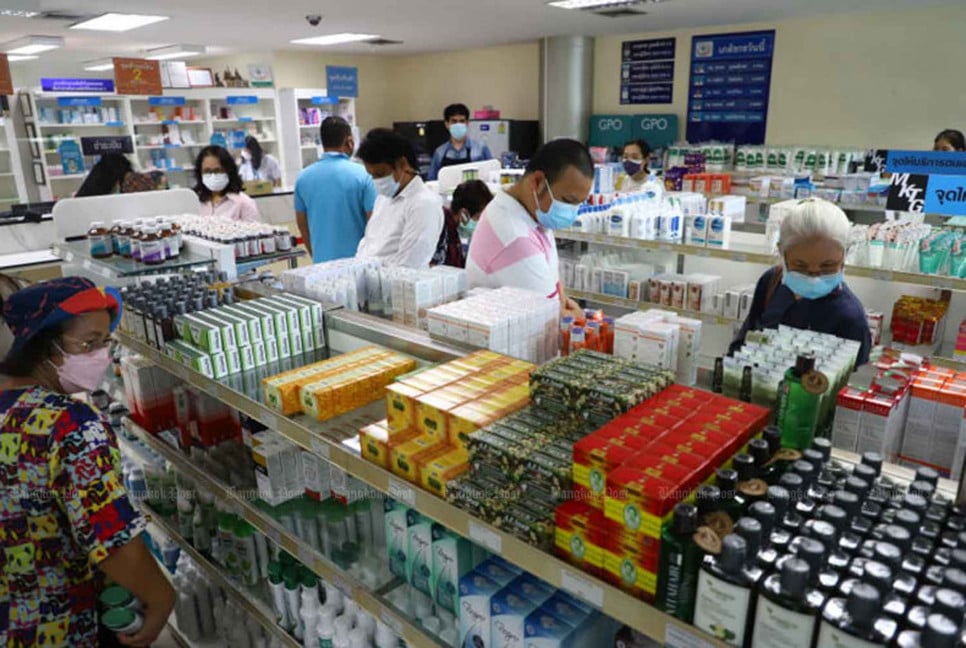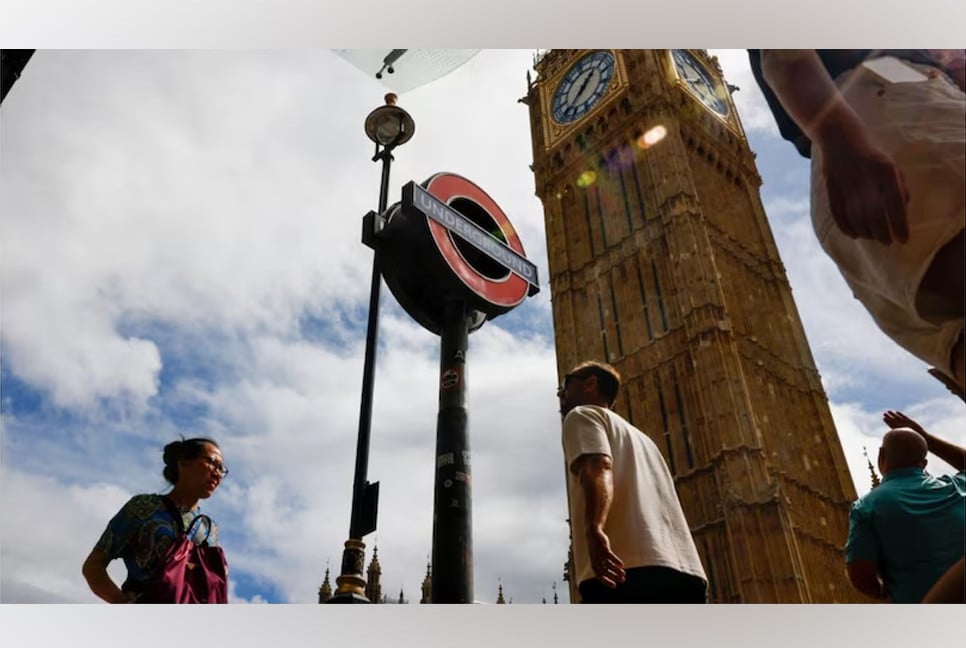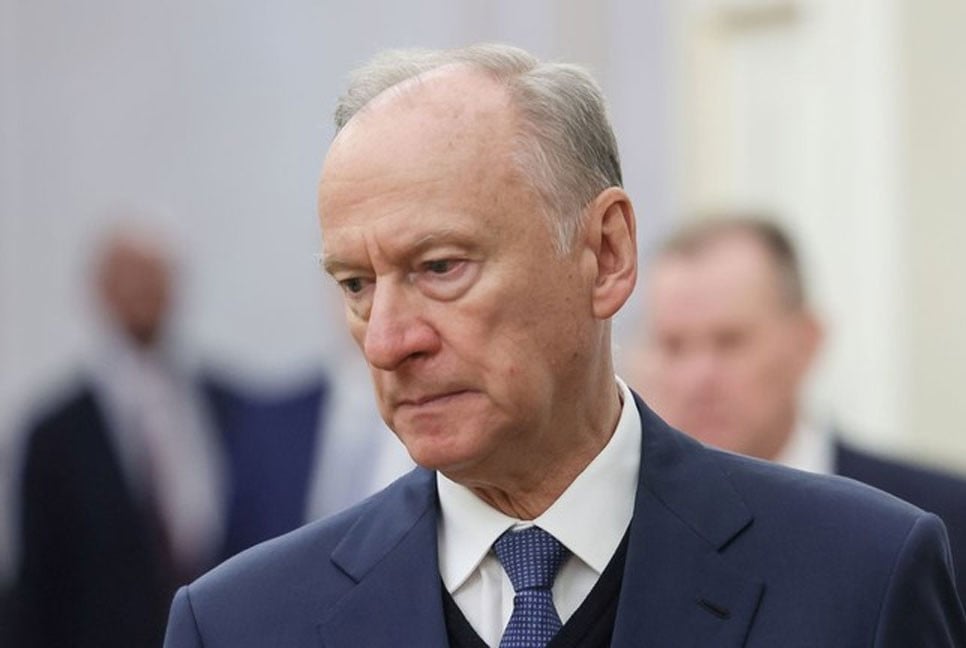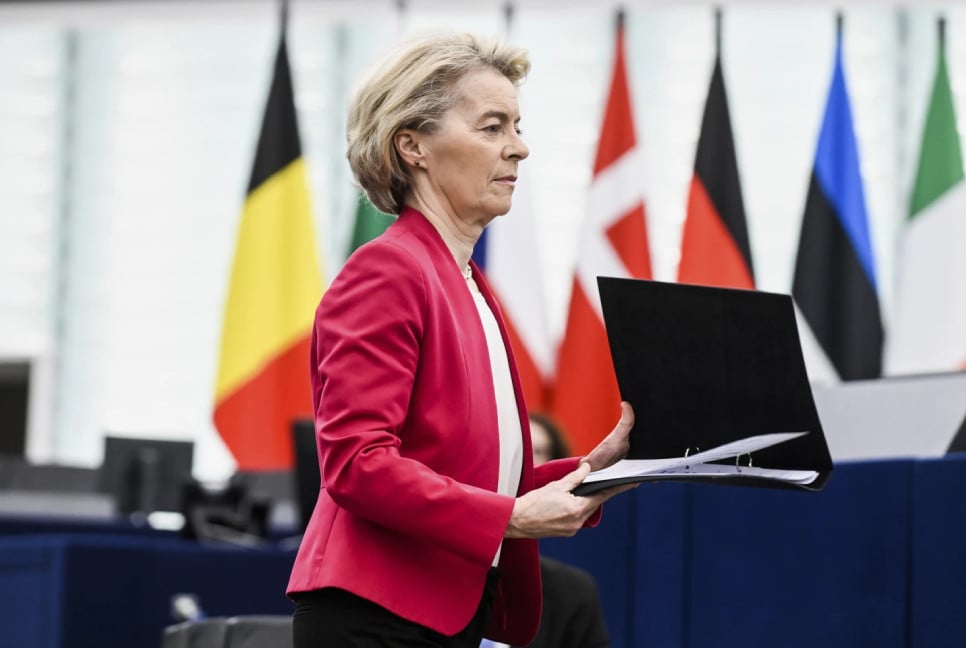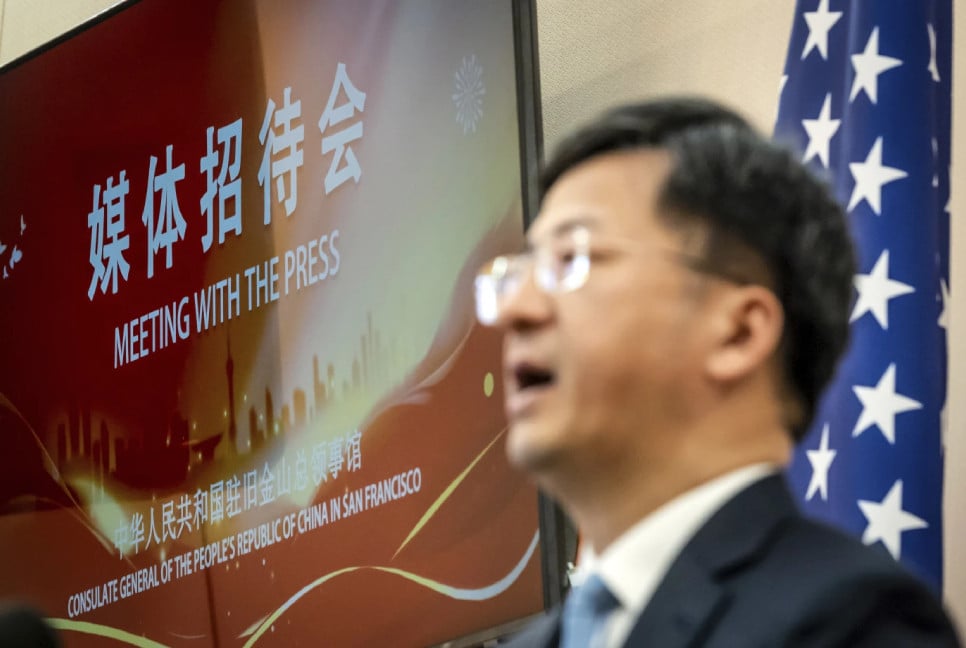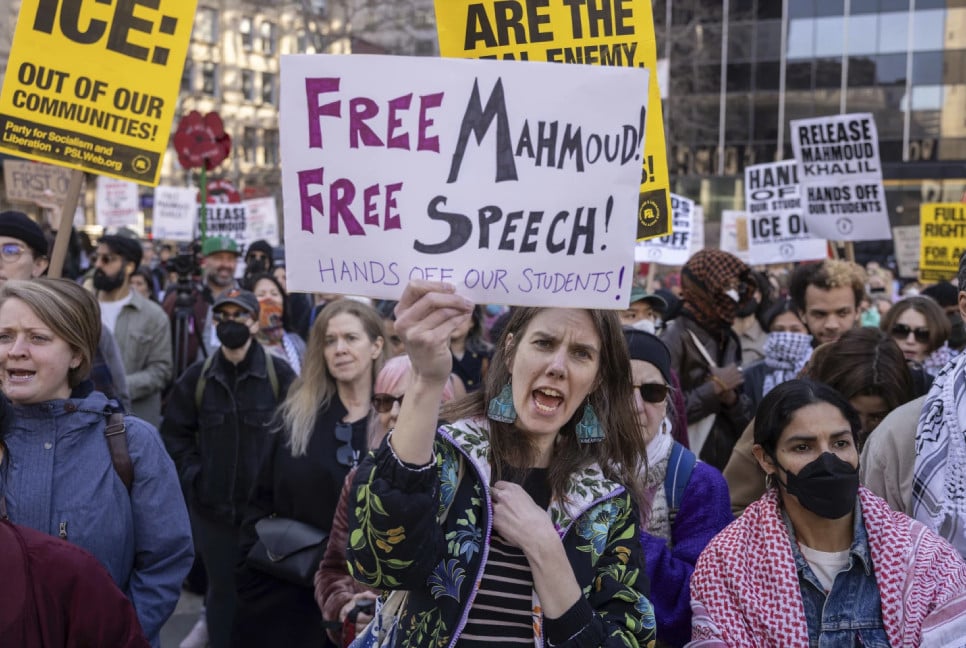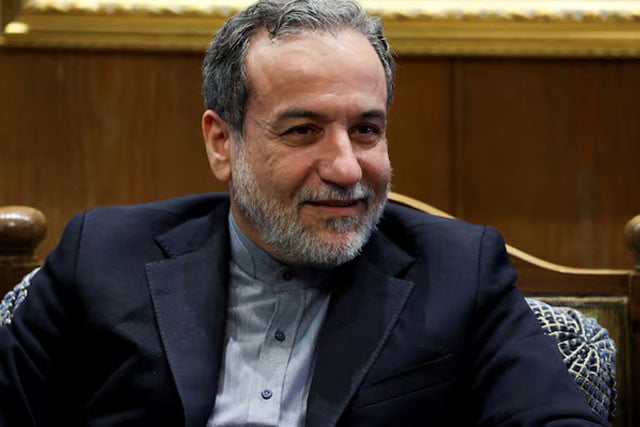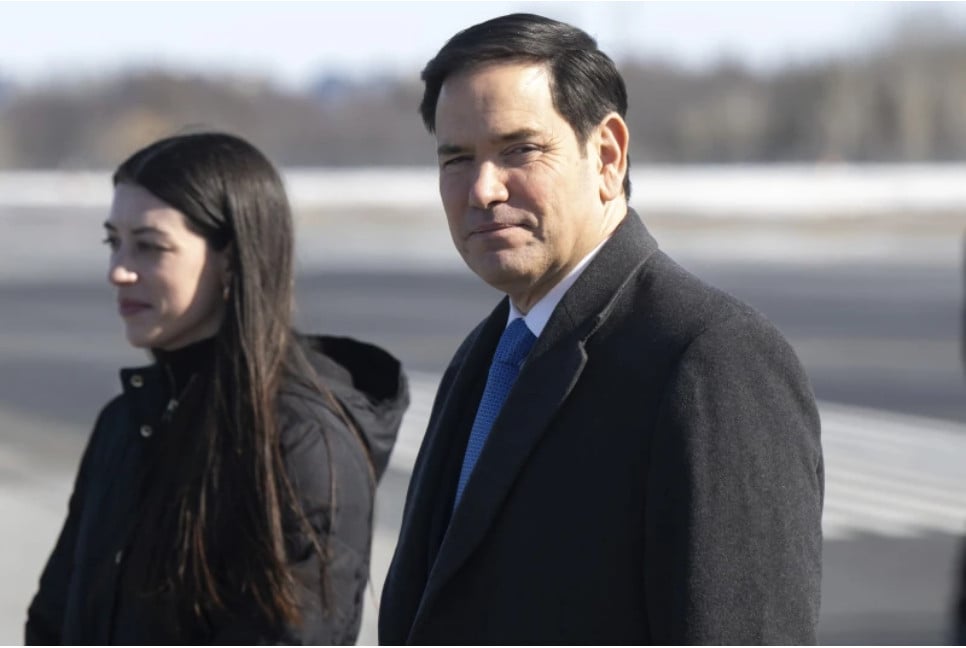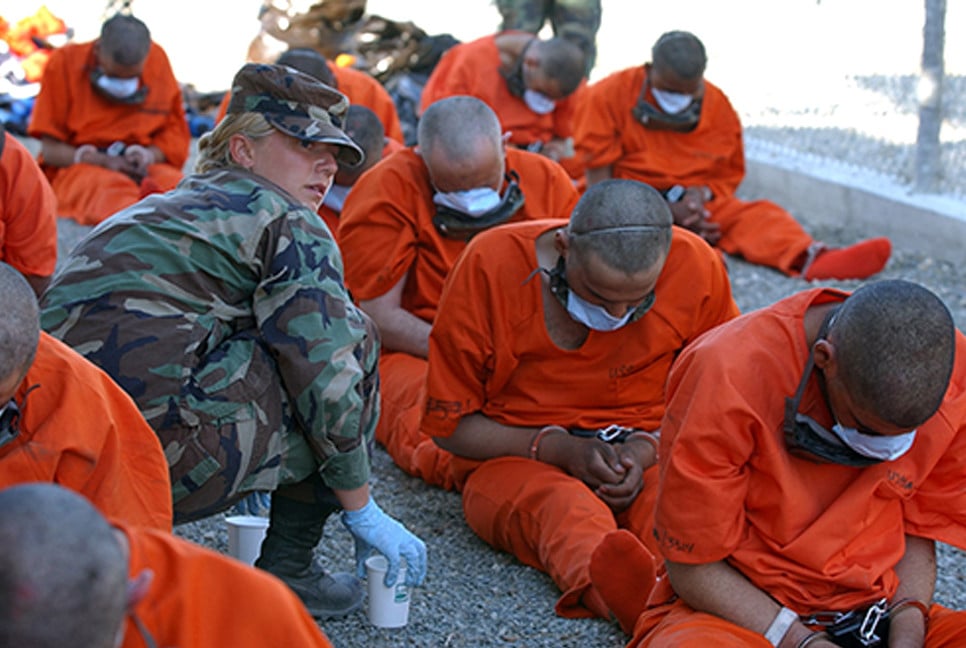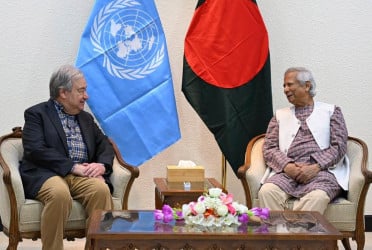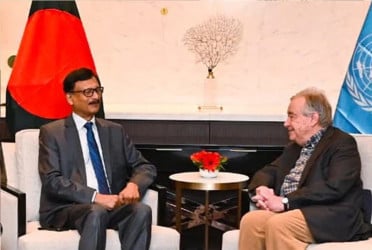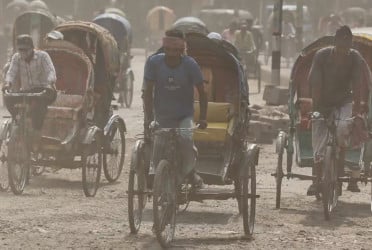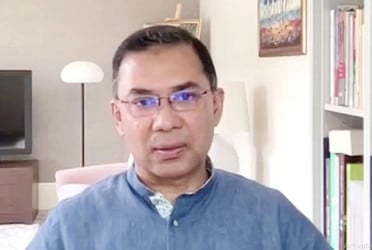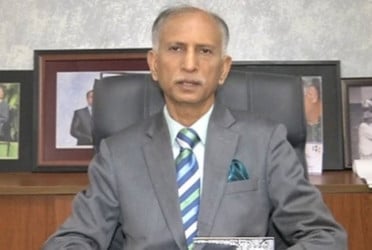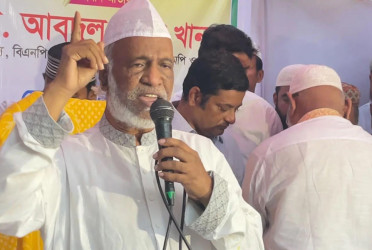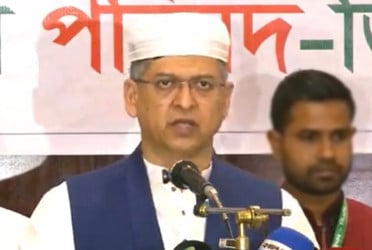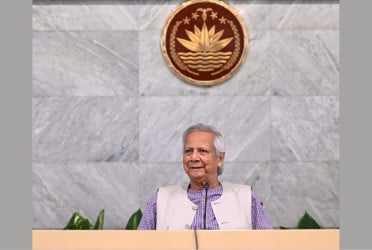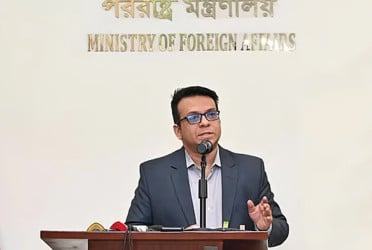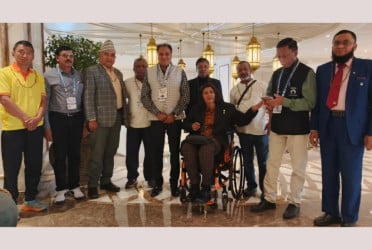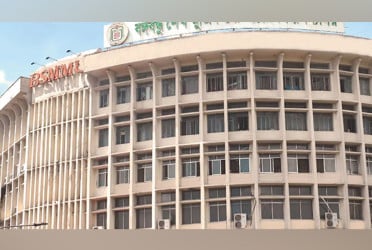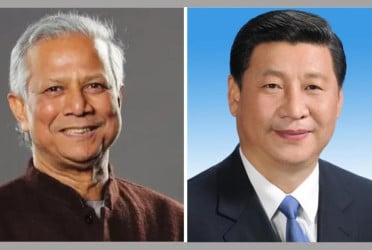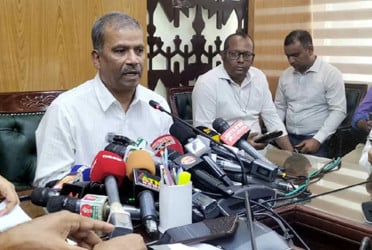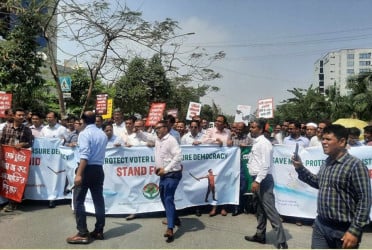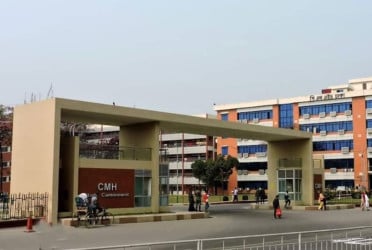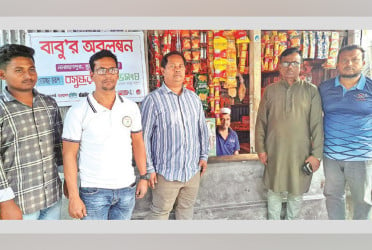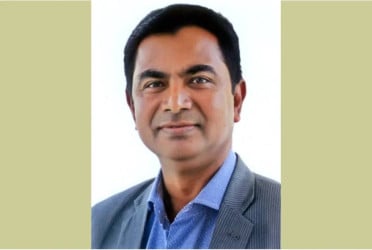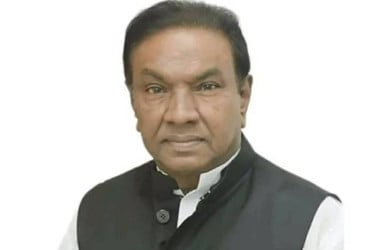A civil society group has expressed deep concern over the Medical Council of Thailand's legal action against the National Health Security Office (NHSO) regarding its free medicine policy for universal healthcare cardholders, reads a Bangkok Post report.
The policy, introduced in 2022, allows pharmacies to dispense free medication for 16 common ailments, including headaches, fever, sore throat, diarrhea, and muscle pain. Advocates claim it has saved lives, reduced hospital congestion, and eased the burden on medical staff.
Saree Aongsomwang, secretary-general of the Thailand Consumer Council (TCC), urged the Medical Council to immediately withdraw its lawsuit, emphasizing the potential harm to patients. "This dispute is not just about governance but also about patient safety. Minor symptoms, if left untreated, can escalate into serious conditions," she said.
The Supreme Administrative Court recently accepted the Medical Council's complaint, intensifying concerns over the policy's future. Saree noted that the policy aligns with the Ministry of Public Health's goals to strengthen primary healthcare and offers patients the choice of seeking treatment at pharmacies or hospitals.
"This lawsuit has created confusion and fear among consumers, who worry the service might be terminated. We urge the Medical Council to withdraw the case and collaborate with other stakeholders to prioritize patient welfare," she added.
NHSO Deputy Secretary-General Dr. Attaporn Limpanyalert assured the public that universal healthcare cardholders would continue to benefit from the policy until a court ruling is made.
The Pharmacy Council of Thailand has also defended the program, reporting that since its launch, over 1.79 million people have received treatment, with a 90% recovery rate and no severe complications or fatalities linked to the service.
The Pharmacy Council criticized the Medical Council's opposition, pointing out that while it does not challenge individuals buying medicines themselves, it targets the NHSO's free medicine initiative. The council called for mutual respect among medical professionals and questioned whether the Medical Council's stance truly prioritizes patient safety.
As public anxiety grows, civil society groups and healthcare advocates hope for a resolution that protects patient access to affordable care while maintaining professional standards.
Bd-pratidin English/ Jisan

